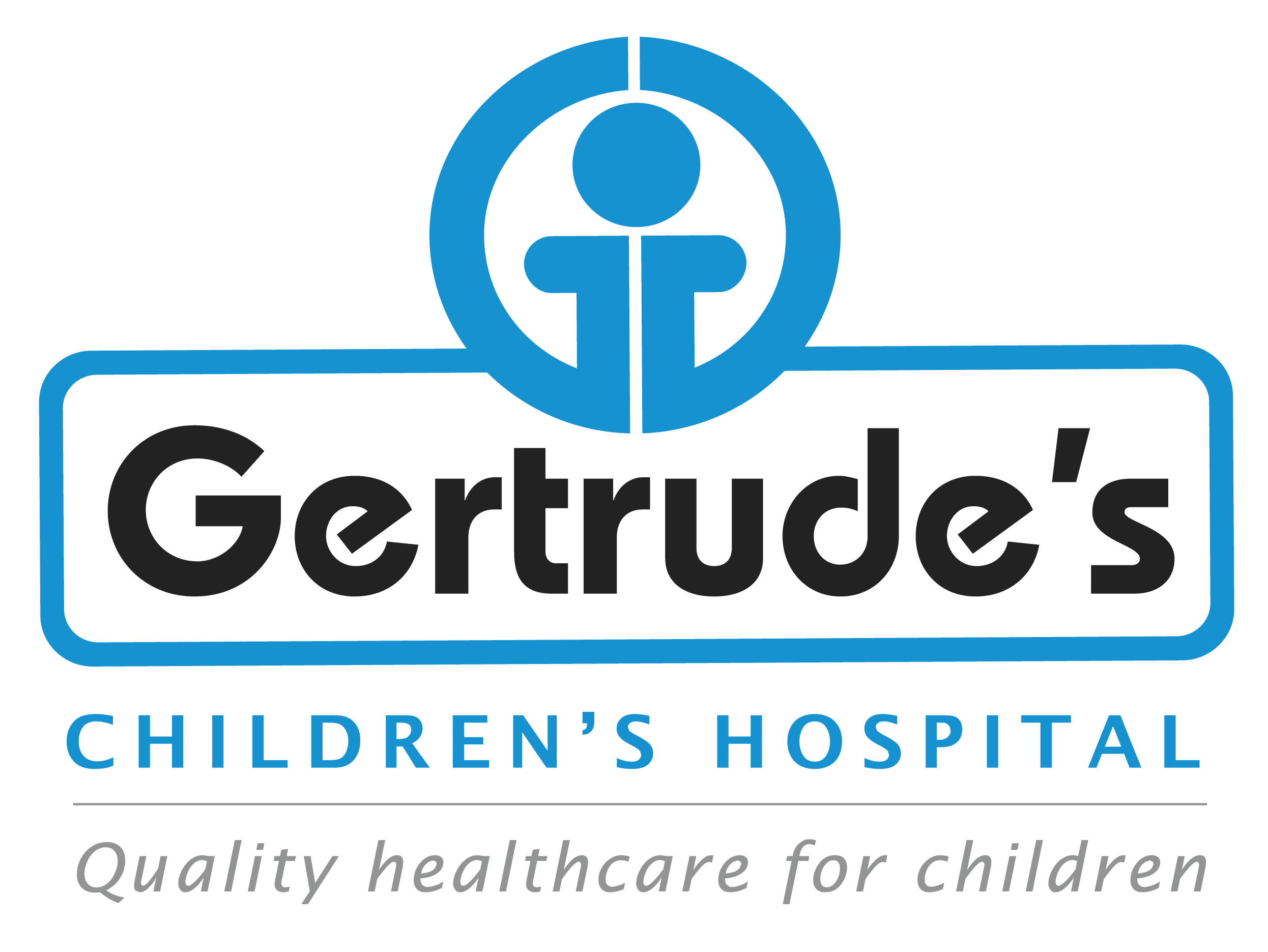Hereditary spherocytosis (HS) is a rare genetic disorder that affects the production of red blood cells. It is characterized by the production of abnormal, sphere-shaped red blood cells that are prone to premature destruction. This can lead to anemia, jaundice (yellowing of the skin and eyes), and other complications.
Symptoms
- Anemia
- Jaundice (yellowing of the skin and eyes)
- Fatigue or weakness
- Pale skin
- Shortness of breath
- Headaches
- Dizziness or lightheadedness
Causes
- Hereditary spherocytosis is caused by a genetic mutation that affects the production of red blood cells. This mutation can be inherited from one’s parents, and it is more common in people of European descent.
Diagnosis
- Blood tests to check for abnormal red blood cells
- Physical exam and medical history
- Genetic testing to identify the genetic mutation
- Imaging tests, such as ultrasound or CT scans, to check for spleen enlargement
Treatment Options
- Splenectomy (removal of the spleen) to reduce the destruction of abnormal red blood cells
- Blood transfusions to increase red blood cell count
- Folic acid supplements to support red blood cell production
- Iron supplements to support red blood cell production
- Avoiding triggers that can exacerbate the condition, such as certain medications or infections
Why Choose Us
Expert team
Our pediatric specialists have extensive experience in treating children.
Personalized care
We create treatment plans that fit each child’s unique needs
Support and education
We teach children and families how to care for them and prevent future cases
Advanced treatments
Access to the latest treatments and products
Frequently Asked Questions
Q: What is the difference between hereditary spherocytosis and other blood disorders?
A: Hereditary spherocytosis is a specific genetic disorder that affects the production of red blood cells. Other blood disorders, such as sickle cell disease or thalassemia, affect different aspects of red blood cell production.
Q: Can hereditary spherocytosis be cured?
A: There is no cure for hereditary spherocytosis, but with proper treatment and management, most people with the condition can lead active and healthy lives.
Q: How can I reduce my risk of developing hereditary spherocytosis?
A: You can reduce your risk of developing hereditary spherocytosis by maintaining a healthy lifestyle, including a balanced diet, regular exercise, and not smoking.
Contact
Please feel free to contact us with any general or medical enquiry by calling us.





